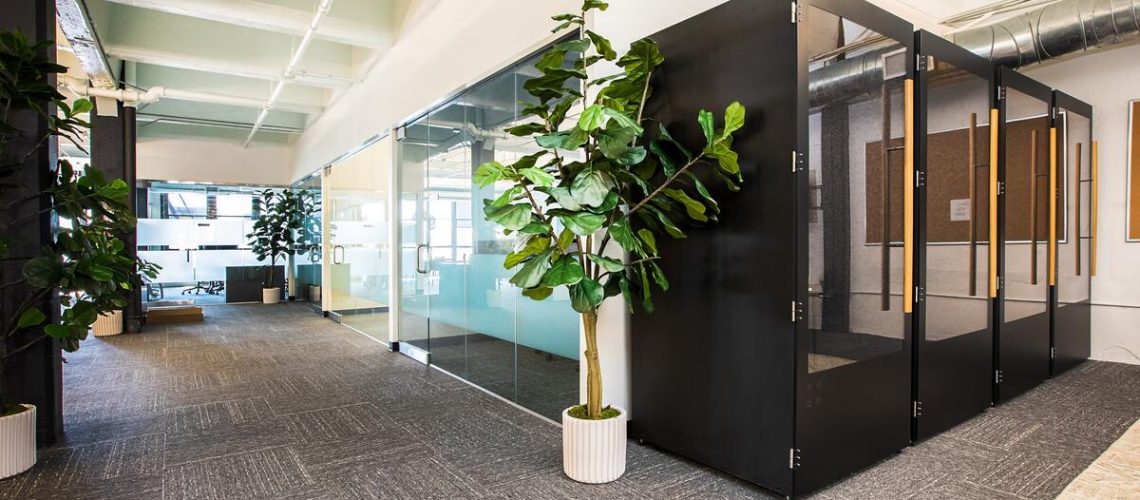One of the greatest joys of young, upstart entrepreneurs is seeing their businesses grow. For many, it may be in the form of finally being able to afford to rent or buy office space. One famous example is Apple, whose founder Steve Jobs and his partners started in a garage, and finally moved into their first office at 2066 Crist Drive in Los Altos, California in 1978, one year after they launched Apple II.
While not many of us might be the next Steve Jobs and Tim Cook, it doesn’t mean we can’t find the same kind of joy they experienced when they first moved into their first real commercial space. However, we also can’t deny that moving into a new commercial space can come with a lot of risks.
Being able to afford office space might be an exciting time, but small companies and businesses need to do all that they can to protect their interests before doing so. Here are some safety measures small companies need to take before signing a commercial lease.
Consult with a legal professional

At this point in your business, the hope is that if you can afford to buy or rent a commercial property, then you would also be able to afford legal counsel. One of the first things that business owners need to do is to consult with a legal professional, perhaps someone who specializes in this specific area of business. A real estate attorney or a trusted foreclosure lawyer might be able to help business owners gain insight into the following:
- What conditions might cause a foreclosure
- Hidden clauses in the lease or contract that are not in your best interests as a business owner
- What filing for bankruptcy might mean for your commercial property, should you choose to purchase instead of renting
Having a thorough discussion-cum-consultation with a legal professional can help you avoid potential traps and hidden clauses that might hurt you in the end, so don’t skip the step of consulting with a lawyer who can help you ensure that everything you’re being promised is accurate and that you won’t be surprised later on.
Practice due diligence
Just because you’re hiring a lawyer, it doesn’t mean you don’t need to do your part in ensuring your own protection and placing your own safeguards. Here are some areas of research you and your team need to do to ensure the safety of your business or company:
Vetting the landlord
It’s arguably easier to rent a residential space because you can simply ask your neighbors about what it’s like to live in the area, and you most likely would get an answer. It’s another thing to vet a landlord for a commercial property because it’s not just your own money you’re putting at risk; you are also risking the company’s income and, in turn, your employees’ salary.
Before signing a lease, you want to ensure that your landlord has no history of scamming tenants, that they are true to their word in terms of the payment structure and scheme as well as how you would be transferring the money, and if there is a holdover rate.
Reading the fine print
You also need to check your own personal risk exposure as the owner of the business, as well as the other nuisance clauses in the lease. Keep in mind that commercial lease policies and practices often vary from state to state, so you want to ensure that everything in your lease is following your state’s laws before you sign it.
Know how a commercial lease differs from a residential one
It’s important to know that renting or buying commercial space is vastly different from renting or buying a residential one. As a rule of thumb, commercial leases offer less protection and are generally less regulated than residential leases. Commercial leases are usually longer, but they at least offer more flexibility in terms of negotiating conditions.
Another distinction you need to be aware of as a business owner is with commercial lease agreements, the common thing to do is for tenants to pay at least a part of the property taxes, whereas, in residential lease agreements, tenants are usually not responsible for shouldering the property taxes.
Taking this next step in the life of your company is truly an exciting time, but you still need to take safety measures to not find yourself in a trap you can’t get out of one day. Consult with a legal expert, do your due diligence, and protect yourself and your team from unnecessary losses in the future.

